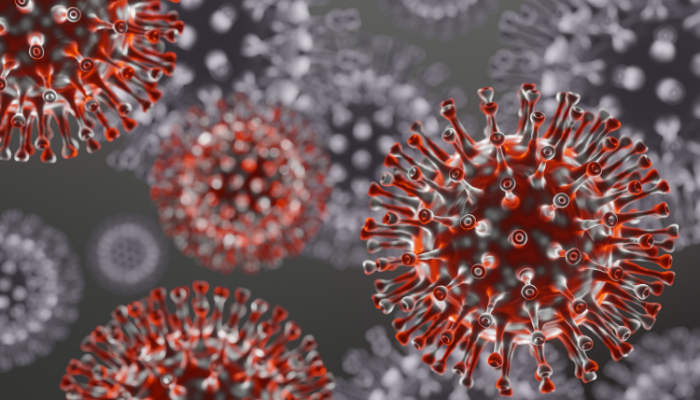
[et_pb_section fb_built=”1″ admin_label=”section” _builder_version=”3.22″ locked=”off”][et_pb_row admin_label=”row” _builder_version=”3.25″ background_size=”initial” background_position=”top_left” background_repeat=”repeat” locked=”off”][et_pb_column type=”4_4″ _builder_version=”3.25″ custom_padding=”|||” custom_padding__hover=”|||”][et_pb_text admin_label=”Text” _builder_version=”4.9.4″ background_size=”initial” background_position=”top_left” background_repeat=”repeat” hover_enabled=”0″ sticky_enabled=”0″]
The beginnings of vaccine availability this spring gave us the best glimpse so far of life after the COVID pandemic. Unfortunately, after an optimistic beginning to the summer, the situation remains in flux. Cases are once again on the rise, owing in large part to the appearance of a new mutation of COVID-19. You’ve likely heard plenty of mentions of the Delta variant, the form of COVID which is making up a big part of the current surge in stateside cases. How does it differ from the coronavirus we’ve gotten so unhappily familiar with over the past year and a half, and what does it mean for you? Here are some of the basics on the new variant of COVID-19 and how you should take it into account in the immediate future.
What is the Delta variant?
As viruses spread to more people over a longer period of time, there is an increased danger of evolution and mutation. The Delta variant is an example of this phenomenon – a more highly transmissible variation of the coronavirus which studies have found to be as contagious as chickenpox. According to the CDC, this variant is now driving the majority of new COVID infections in the United States.
Should I worry about the Delta variant if I am vaccinated?
People who are unvaccinated make up the overwhelming preponderance of COVID deaths and hospitalizations, and it remains absolutely imperative that you get vaccinated against the virus if you have not already done so. However, so-called “breakthrough” cases, in which vaccinated people have been infected with the coronavirus, have occurred. It also appears that it is possible to transmit the Delta variant to others, even if you have been vaccinated.
If vaccinated people can catch COVID, then why should I get vaccinated?
It’s important to remember that the vaccine was never expected to offer absolute protection from catching COVID-19, but it remains crucial to get as many people vaccinated as possible to limit the spread of the virus and prevent the development of other variants in the future. The vaccine is proven to not only reduce your risk of contracting or transmitting the coronavirus, but also to drastically lower the severity of your symptoms if infection does occur.
A recent study showed that vaccinated people who test positive for COVID are twice as likely to be asymptomatic as people who have not received the vaccine. Vaccinated people also appear significantly less likely to experience severe cases or “long COVID,” in which symptoms that linger for a month or longer.
How else can I protect myself against the Delta variant?
The rise of this new variant and the occurrence (however rare) of breakthrough COVID cases has caused many public health experts to modify their recommendations from the beginning of the summer, giving stricter guidelines for people to protect themselves and each other as the pandemic continues. Many are recommending that you continue to practice masking and social distancing, especially indoors, even if you are vaccinated.
Getting tested still matters!
The bottom line is that, although being fully vaccinated doesn’t necessarily mean that you’re fully immune to COVID-19, it’s still a free, safe, and hugely important protective measure for you to take for both yourself and the other members of your community. Furthermore, it’s important to keep getting tested, especially if you are traveling, feel sick, or have been in close contact with someone who has tested positive for the coronavirus. Visit our website to set up an appointment and get tested for COVID. Medical Offices of Manhattan is still offering rapid and PCR nasal swabs, as well as COVID antibody testing.[/et_pb_text][/et_pb_column][/et_pb_row][/et_pb_section]


